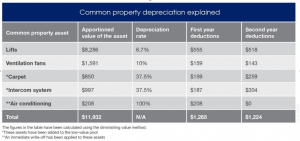ATO Warns Property Investors – What you need to know
The Australian Taxation Office (ATO) has issued a warning to property investors, urging them to ensure that they are correctly reporting their rental income and deductions. This most recent crackdown on incorrect claims by the ATO highlights the importance of understanding your tax obligations as a property investor.
With an estimated nine in ten property investors not filing their net income from rental properties correctly, it is evident that many are not aware of the rules and regulations surrounding investment properties. Not only is this widespread issue contributing to a $1.3 billion tax shortfall, but it also puts investors at risk of penalties and even audits by the ATO.
